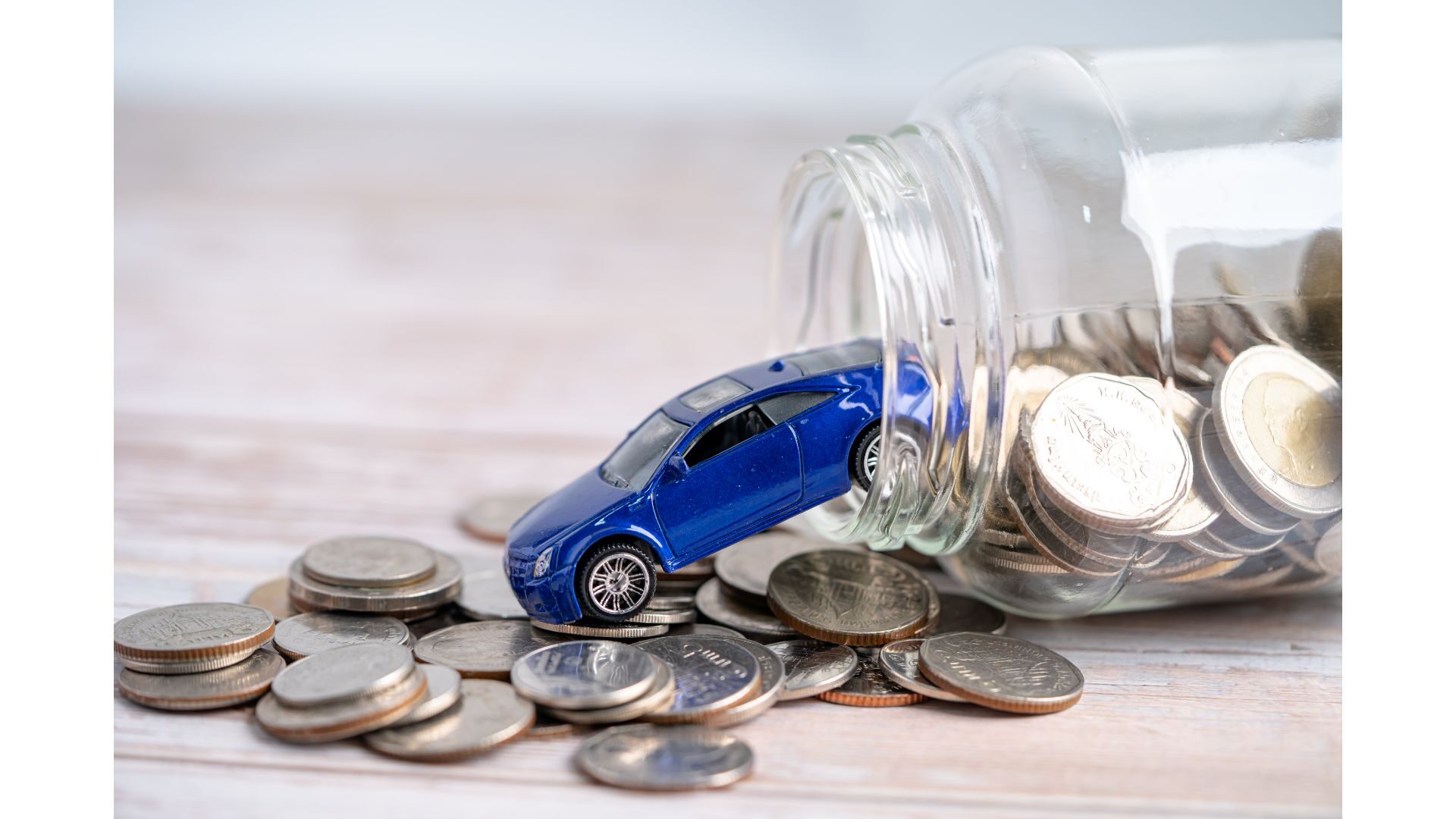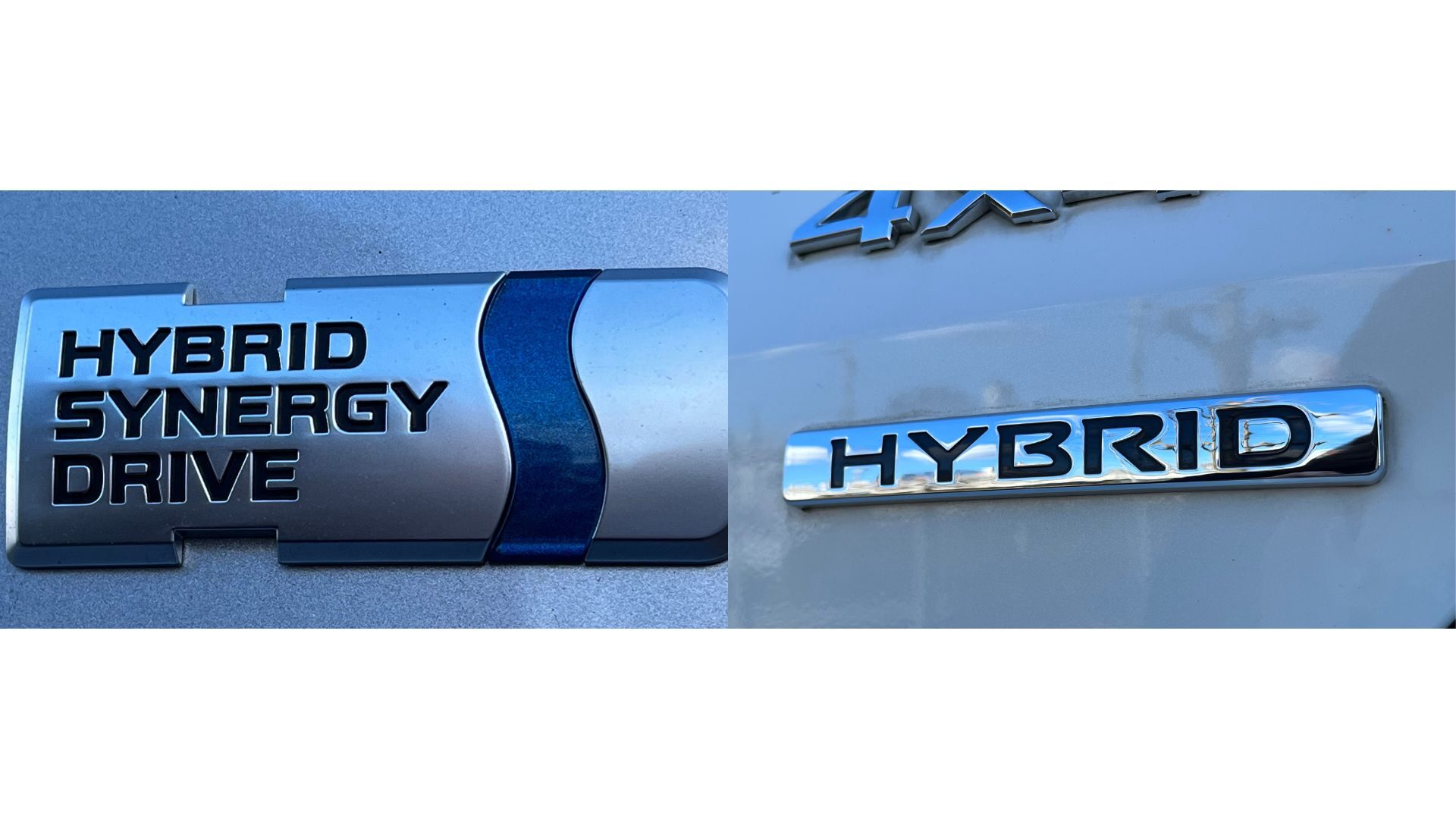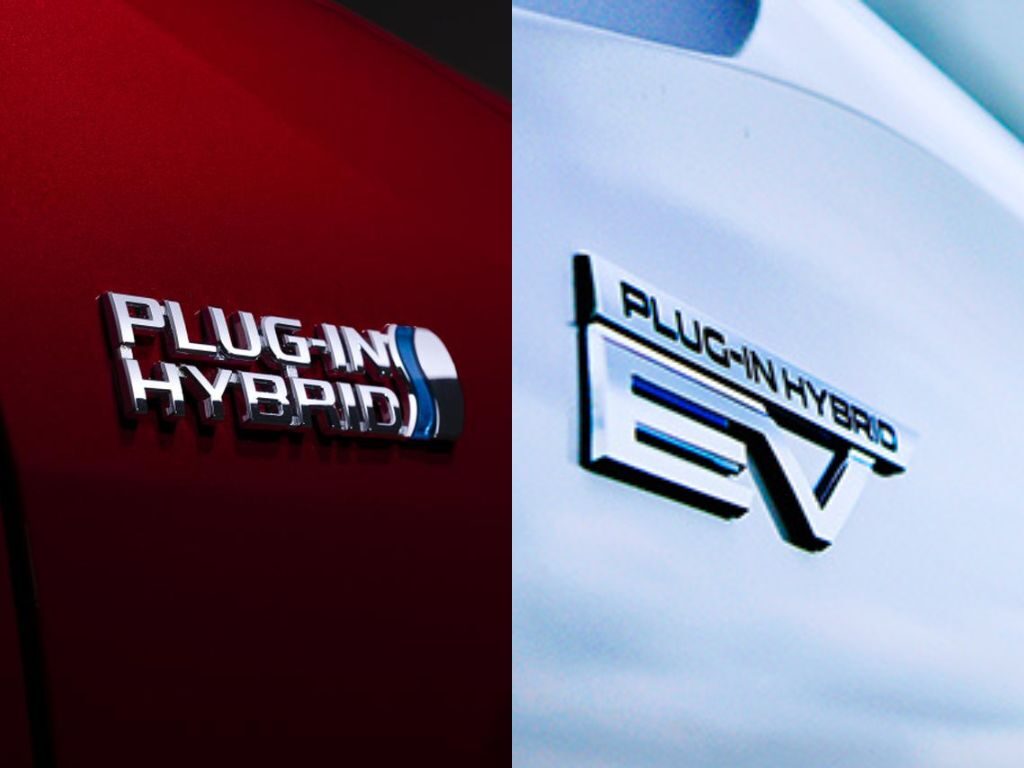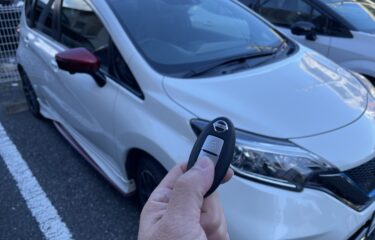- Car Functions
- Japanese Used Car
Comprehensive Guide to Choosing Eco-Friendly Japanese Used Cars in Sydney

In Sydney, Australia, Japanese used cars have been celebrated for their high quality, reliability, and cost-effectiveness for many years. This chapter delves into the background of the popularity of Japanese cars in Sydney and the merits of selecting a used car from Japan.
Background of Japanese Car Popularity in Sydney, Australia
The primary reason Japanese used cars are highly sought after in Sydney is their exceptional quality and durability. Japanese automakers are globally recognised for their quality and reliability over many years, which continues in the used car market. Cars in Japan are maintained under strict servicing and inspection systems, ensuring they remain in excellent condition when entering the used car market. Furthermore, Japanese cars are known for their fuel efficiency and advanced safety technologies, contributing to their popularity in Sydney.
The active exchange of older models for new ones in Japan results in a steady flow of relatively new used cars into the market, offering Sydney consumers access to the latest technology and features at more affordable prices than new cars.
Benefits of Choosing Japanese Used Cars in Sydney

The greatest advantage of selecting a Japanese used car in Sydney is its cost-effectiveness. Despite their high quality, these cars can be purchased at reasonable prices, making them ideal for first cars or as a second family car. Their fuel efficiency also leads to reduced maintenance costs, making them an environmentally friendly option.
Many Japanese cars are designed with city driving in mind, making them perfect for navigating the tight streets and parking spaces of urban areas like Sydney. These cars often come equipped with advanced safety features and offer a comfortable ride, even on long journeys.
Japanese used cars that meet Australia’s stringent import criteria are guaranteed for their safety and reliability, ensuring minimal issues post-purchase and allowing for long-term enjoyment.
Purchasing a Japanese used car in Sydney is a wise choice, offering high quality, reliability, and economic benefits. The following section will focus on eco-friendly car options, detailing their features, advantages, and disadvantages.
Japanese Eco-Cars
Eco-cars aim to reduce environmental impact, ranging from fuel-efficient vehicles to those significantly cutting emissions. Japan leads in eco-car technological development, with its high-quality eco-cars gaining attention in Sydney. Below, we explore the major types of eco-cars and their basic information.
Types of Eco-Cars and Basic Information
Eco-cars broadly fall into four categories: Hybrid Vehicles (HV), Electric Vehicles (EV), Plug-in Hybrid Vehicles (PHEV), and Fuel Cell Vehicles (FCV). Each type uses different power sources, offering unique benefits and drawbacks.

Hybrid Vehicles (HV)
Hybrid vehicles combine a petrol engine and an electric motor, enhancing fuel efficiency and reducing CO2 emissions. They use the motor primarily for low-speed urban driving and the engine for higher speeds, efficiently managing fuel use without the need for special charging infrastructure.

Electric Vehicles (EV)
EVs operate solely on electric motors, charged externally. They offer zero emissions, contributing significantly to combating global warming and urban pollution. EVs provide a quiet, smooth driving experience but their adoption depends on charging infrastructure and range per charge.

Plug-in Hybrid Vehicles (PHEV)
PHEVs feature a large battery and can be charged externally, allowing for electric-only driving on short trips and combining petrol engines for longer distances. They offer the flexibility of electric driving without range anxiety, though charging infrastructure plays a crucial role.

Fuel Cell Vehicles (FCV)
FCVs run on electricity generated from hydrogen and oxygen, emitting only water. They stand out for their minimal environmental impact and quick refueling, suitable for long-distance driving. However, the scarcity of hydrogen stations currently limits their widespread adoption.
Choosing the right eco-car in Sydney depends on lifestyle, driving distance, and local charging infrastructure. This guide aims to help you identify the most suitable vehicle for your needs, balancing environmental considerations with cost-effectiveness.
Pros and Cons of Each Eco-Car
Japanese eco-cars imported to Sydney are celebrated for their environmental performance and cutting-edge technology. However, it’s crucial to understand the distinct advantages and disadvantages of each type before making a purchase.
Hybrid Vehicles (HV) Pros and Cons
Pros
Improved fuel efficiency through a combination of petrol engines and electric motors.
Environmentally friendly with reduced CO2 emissions.
No need for special charging stations as they can be refueled at regular petrol stations.
Cons
Generally more expensive than traditional petrol cars.
Heavier due to the dual engine and battery system.
Roundabout Australia offers compact hybrid vehicles to address these disadvantages, exporting directly to reduce costs and make hybrid cars more affordable.
Electric Vehicles (EV) Pros and Cons
Pros
Zero emissions as they don’t use combustion engines.
Quiet and smooth operation with less vibration and more immediate acceleration.
Reduced maintenance costs due to the lack of an engine, eliminating the need for oil changes and other engine-specific maintenance.
Cons
Limited range on a single charge, which can be a concern for long-distance travel.
Insufficient charging infrastructure, particularly in rural areas, making it challenging to find charging stations.
Plug-in Hybrid Vehicles (PHEV) Pros and Cons
Pros
Capable of operating on electric power alone for short distances, reducing petrol consumption.
Eliminates range anxiety as the petrol engine can take over when the battery runs low, suitable for longer trips.
Cons
Tend to be more expensive due to the advanced technology and larger battery packs.
The weight and space taken up by the battery and engine can compromise cargo space.
Fuel Cell Vehicles (FCV) Pros and Cons
Pros
Exceptional environmental performance, using hydrogen as fuel and emitting only water.
Suitable for long distances with quick refueling times comparable to traditional petrol vehicles.
Cons
Limited availability of hydrogen refueling stations, restricting the practicality of FCVs.
Higher vehicle cost due to the use of advanced technology, making them more expensive than other eco-cars.
When selecting an eco-car in Sydney, it’s important to consider your lifestyle, driving needs, and the availability of charging or refueling infrastructure. Weighing the environmental benefits against cost and practicality will help you find the ideal vehicle.
Guide to Purchasing Used Eco-Cars
When buying a high-quality Japanese used eco-car in Sydney, it’s crucial to avoid pitfalls by checking several key points before making a purchase. This section outlines the main considerations and their details.
Before buying a used car, overlooking certain aspects or lacking clarity can lead to significant issues later. Checking the following points in advance can ensure a wise purchase.
Vehicle Condition Check
It’s essential to thoroughly inspect not just the exterior but also the engine bay, interior condition, and tire wear. Special attention should be given to the battery and electrical systems of eco-cars. If possible, obtaining a professional inspection by a trusted mechanic is recommended.
History and Maintenance Records
Understanding a vehicle’s accident history, repair records, and maintenance logs is crucial for assessing its condition. These records provide insights into how the car was used and maintained. For Japanese imports, choosing a dealer or importer that offers this information is key.
Warranty and After-Sales Service
To prepare for unexpected issues or breakdowns after purchase, it’s important to understand the warranty and after-sales service details. Eco-cars, in particular, may face costly repairs for battery or electrical system issues. Knowing what the warranty covers and for how long is vital.
By checking these points and ensuring satisfactory responses or information, you can confidently purchase a used eco-car in Sydney. Taking time for careful consideration and seeking expert advice when necessary is also beneficial. Roundabout Australia conducts rigorous inspections before exporting, selecting only vehicles without functional or performance issues, and offers comprehensive online vehicle information.
Recommended Purchase Methods
Choosing the best method to purchase a Japanese used car in Sydney is key to success. Here, we introduce recommended approaches and their details.
Several methods exist for buying used cars, but for those seeking Japanese vehicles in Sydney, the following are highly recommended.
Japanese Car Specialists
Dealers specialising in Japanese cars often offer quality-assured vehicles with comprehensive after-sales services. Operated by experts with deep knowledge of Japanese cars, these dealers provide accurate information about the vehicle’s condition, history, and features. They may also offer advice on suitable models and customization services. The benefit of using a specialist dealer is the assurance of purchasing a reliable vehicle.
Online Auctions
Online auctions offer a wide selection of cars, allowing you to find a vehicle that meets your needs directly from Japan. This method involves buying through auctions in Japan and importing the car to Australia. The advantages of online auctions include a broad range of options and transparent pricing due to competition. However, direct inspection of the vehicle’s condition can be challenging, making it crucial to choose a trustworthy intermediary. Additionally, importing involves extra costs such as import procedures and taxes, so it’s important to be aware of the total cost beforehand.
When buying a Japanese used car in Sydney, selecting the method that best fits your needs and budget is important. While specialist dealers provide peace of mind and reliability, online auctions offer variety and potential cost benefits. Regardless of the chosen method, thoroughly researching the vehicle’s condition and total costs before purchase is advisable, and consulting experts can also be helpful in making an informed decision.
Conclusion
Purchasing a Japanese used eco-car in Sydney offers a blend of environmental sustainability, advanced technology, and cost-effectiveness. Whether you opt for a hybrid, EV, PHEV, or FCV, understanding the unique advantages and considerations of each type is crucial to making an informed decision that aligns with your lifestyle and driving needs.
By considering factors such as vehicle condition, maintenance history, warranty, and after-sales service, buyers can navigate the market confidently and secure a vehicle that offers both reliability and value. Additionally, choosing the right purchase method, whether through a specialist dealer or online auction, can further enhance the buying experience, ensuring access to high-quality options and comprehensive support.
Ultimately, with careful consideration and due diligence, finding the perfect Japanese used eco-car in Sydney can be a rewarding journey towards eco-friendly driving and long-term satisfaction.
Popular

- Japanese Used Car
- Blog
The Pitfalls of Purchasing Imported Japanese Used Cars
27 February 2024

- Blog
Your Complete Guide to Buying a Used Car in Australia: From Pre-Purchase Inspection to Post-Purchase Maintenance
01 October 2024

- Car Functions
- Blog
Smart Key Solutions: Battery Replacement and Troubleshooting
23 March 2024

